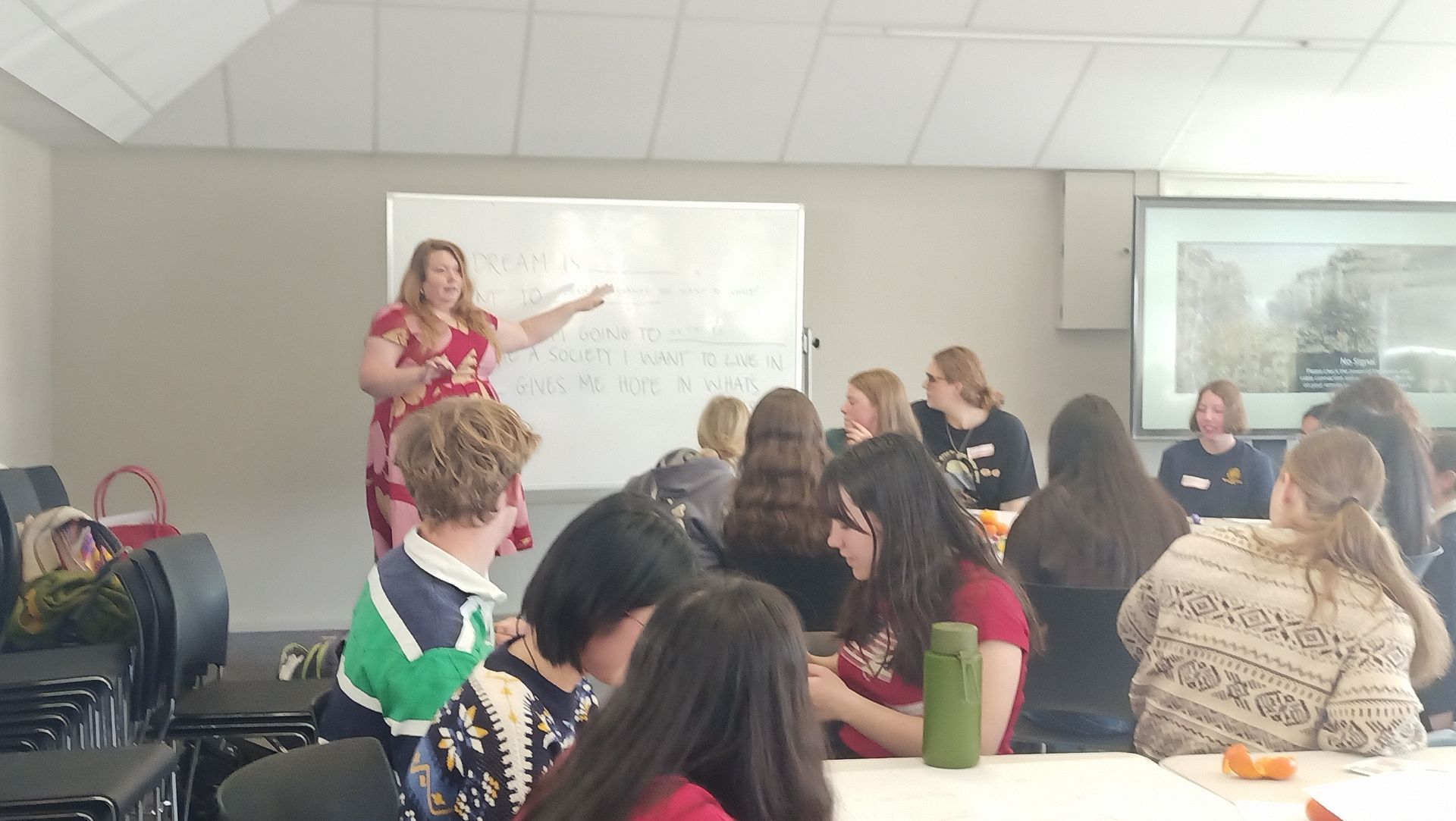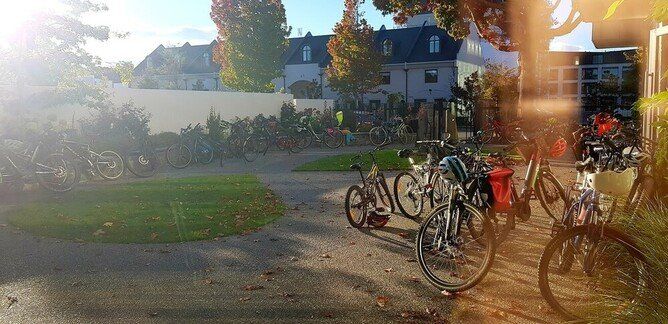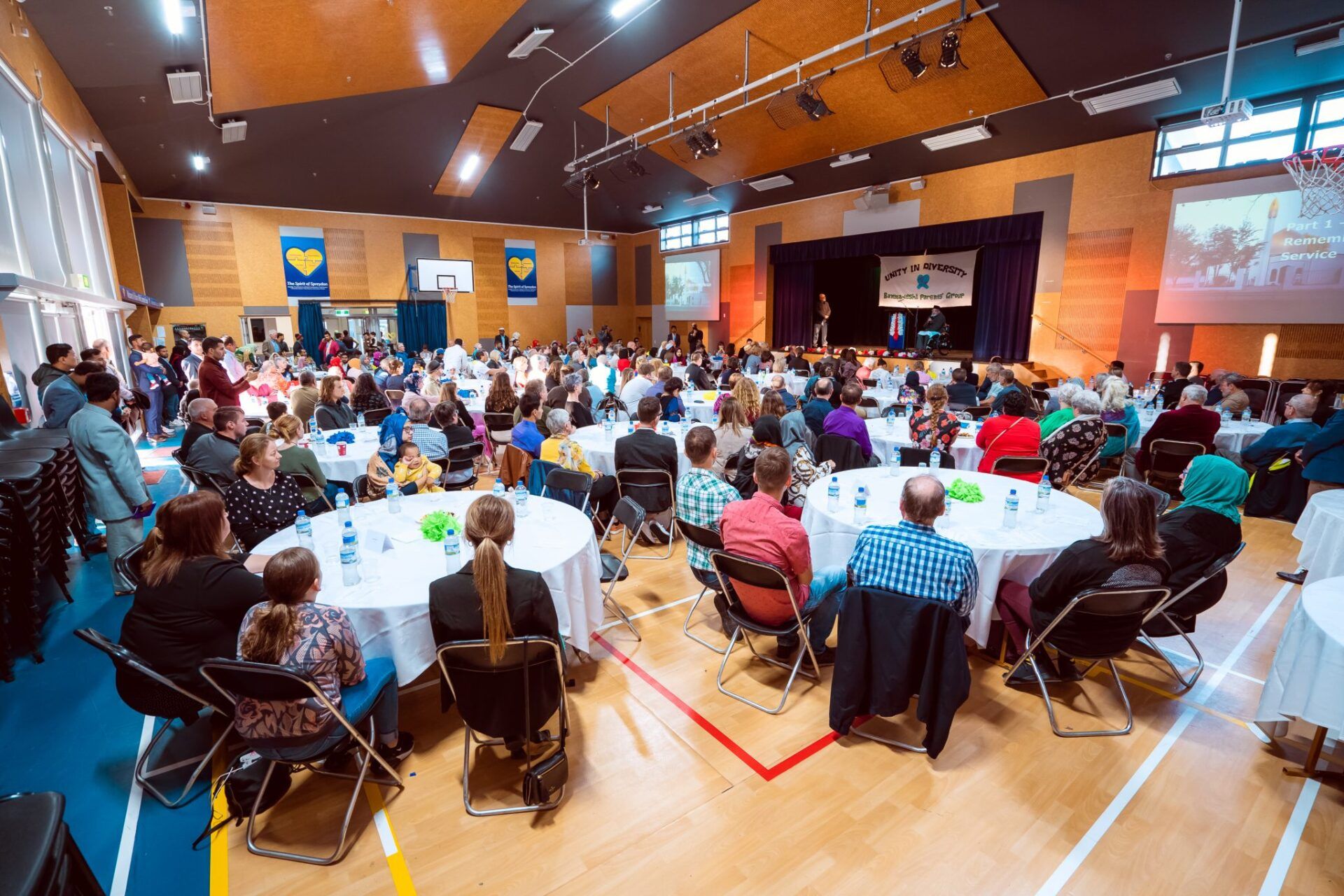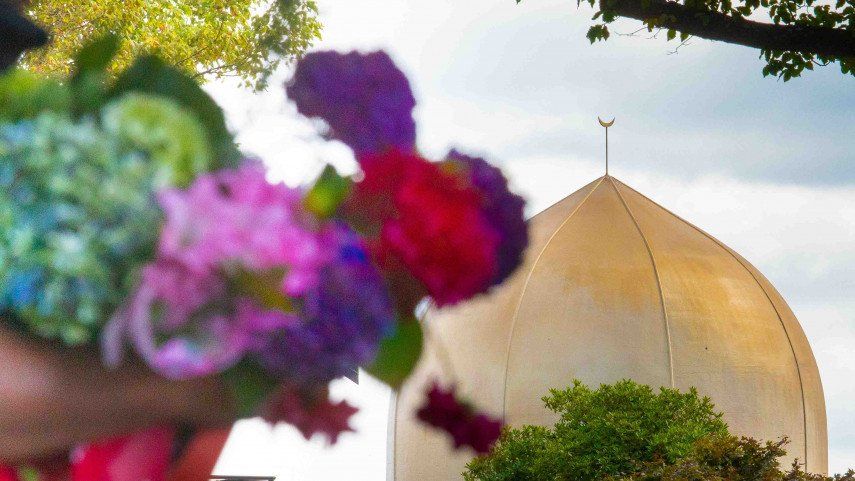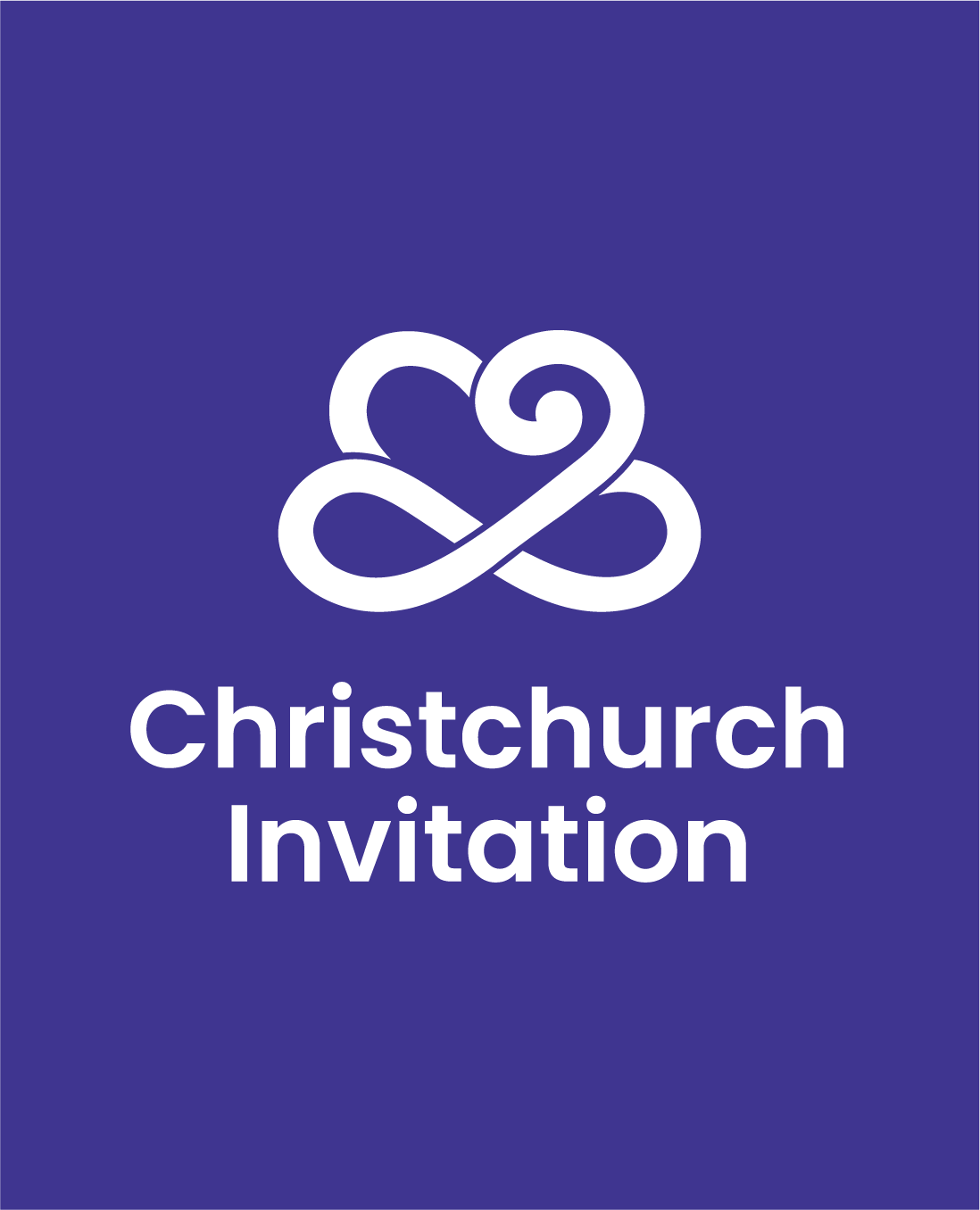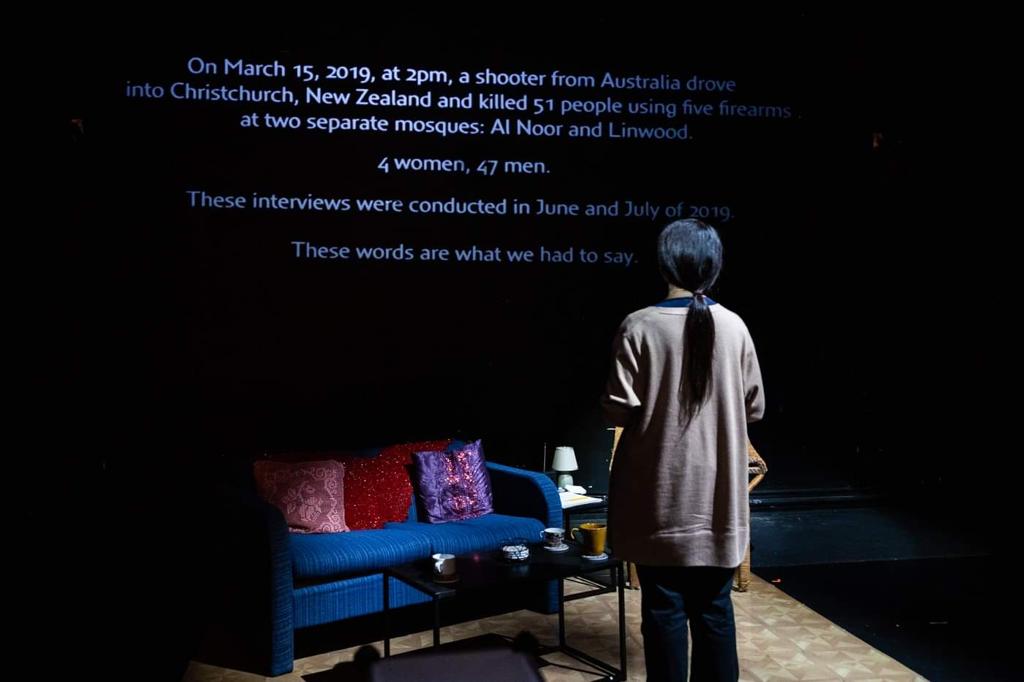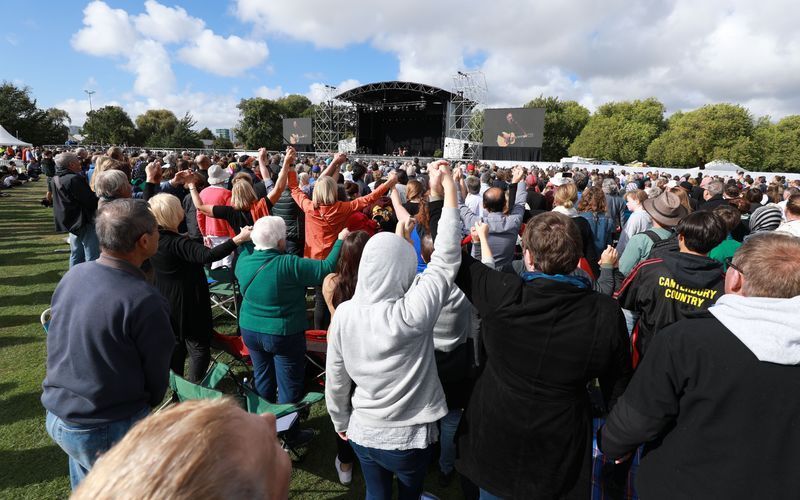Christchurch Invitation Mahia te Aroha launch, keynote address
The Christchurch Invitation / Mahia te Aroha
Keynote Speech – Anthony Green (co-founder, The Christchurch Invitation)
23 July 2021
To our respected guest of honour, the Governor-General, Dame Patsy Reddy, we thank you for your presence here and for your gracious words!
And to everyone in this place, brothers and sisters in humanity, I greet you with the Islamic greeting: Assalamualaikum – peace be with you.
This word “peace” will be like a thread running through what I say here, but what is this “Invitation” – this “Christchurch Invitation”? Where did it come from and what does it invite us to?
It came from the extraordinary experience of the March 15 attacks – of the awfulness and savagery that brought death and injury and shock and, in a life-affirming contrast, the response of compassion.
As we approached March 15 last year, a small group of us in the Muslim community asked, what must we learn from this? And how can we all go forward?
It came because we do not want this to happen to any other community! And yet, we look back though our history, and we see across the world, that these attacks are far too common. And we understand that, God forbid, they could happen again.
So I begin by inviting you to think in terms of fault lines. Of the damage they do and how we can respond.
When invisible, unknown fault lines break in the earth, the cost can be huge: lives changed, lives lost. A great financial price. And a trauma that echoes long after. Anyone who lived through the earthquakes and aftershocks from 2010 through 2011 carries this knowledge in the core of their being.
When all that you have relied on or taken for granted – your buildings, your structures, your systems – the things that you can see and the things you can’t; when they break and fail, do we build back the same way? Clearly, we do not. We lift buildings off the ground, just like this building. Sink new foundation columns. Engage and commit a wide range of expertise and skills and we here, now, have the strongest buildings in New Zealand.
Two years ago another kind of fault line broke. Human fault lines criss-cross their way through anger and hate and hurt.
These fault lines can start when people think, I don’t know you – you’re different so I don’t like you. They widen when stories spread that, “This is what they believe. And this is what you can expect from them.” And they approach the surface when people say “I can belong and you cannot belong”. Or, worse, I can exist and you cannot.
These fault lines are not like earthquakes. We see them. We hear them in the street and we can examine how and why they spread. And we know the price they demand.
And if we know these things do we carry on just as we did before? Just wait until they erupt again? Or do we ask probing questions, re-look our assumptions and teachings about society, engage expertise and skills, and together craft a way that seriously addresses the lines of weakness?
This is the invitation to each and every one of you – with your different skills, your connections and concerns – the people you confide in; your knowledge, your ideas about how we can work for something better for our children and for all who come after us.
Our title is Mahia te Aroha – Action the Compassion!
We can’t do this alone. This is for all of us on our personal levels. We want to hear from you.
On March 15 and in the days and months afterwards people did not see others as labels and there are so many examples of shared humanity. One man comes with tremendous hate, and thousands are involved in trying to heal the damage. There are those who hurt and there are those who heal.
We saw compassion when strangers stopped their cars to help while gunfire still split the street. The injured taken to hospital in the cars and utes of “ordinary” people. There is no such thing as “ordinary people.”
Compassion was there – is always there – in the medical teams. One of the Emergency Department physicians told me that she just saw the work she did as “an incredible privilege.”
This is beautiful but it carries a cost that the people who heal should not have to bear. While an ED physician is working to save lives her son is in lockdown in high school, sees the live video-feed, hears that the killer has gone to the hospital, and is trying to contact his mother, fearing that she may be killed. The ripples of hurt go out from the centre.
Those in the mosques saw terrible sights but also the paramedics and ambulance crews, those who tended to the bodies, and so many more – those who saw things they cannot un-see.
So we come to our Invitation: we looked at the responses that we saw. These were people of New Zealand and far beyond – people of different faiths and of no particular faith; of different cultures and traditions and languages. The common thread was compassion, a sense of shared humanity, and of something wrong. Compassion is when you put your own concerns aside and you see the other. Compassion is a force that makes a society stronger.
So I pay respect here to my brother, Ben Gresham, who first suggested that, within the Muslim community, we make a statement from our teachings. Because we cannot have peace if we have doubts about what people stand for.
And so, outside the mosques, four painted calligraphic panels were erected. They display a clear message from when the Prophet Muhammad arrived in Medinah from Mecca. He was asked by a mix of tribes and faiths for advice.
He said, “Spread peace, feed others, honour kinship ties, and pray at night while others are sleeping.”
We know that prayer is not something that everyone does, so we distilled that into four simple actions that we might all begin with on this journey:
Spread peace, share kai, reconnect, reflect. Simple. Small actions. But the overarching message is Peace, and that real change comes from small actions repeated.
Imam Gamal earlier read a verse that is clear advice for us in the Muslim community: that difference is a fact of our human existence and that part of our purpose on earth is to know one another
How will we get to knowing one another unless we are prepared to meet and talk; to listen and to hear; to have difficult conversations; to respect difference.
Prepared to ask: what is the place where you draw your strength?
It could be in your belonging to the land / the whenua; or your traditions; in the words of an elder that you carry with you; or in your wider family / your whanau. Your great strength could come from your faith. Different strengths work together for a strong Aotearoa.
This is an invitation that is open to all. We come in service, not in competition with others. We recognise so much other good work going on quietly and we will highlight this.
We invite you to connect through our website. It’s a simple beginning but we want to hear your ideas.
Importantly, we want to hear what young people have to say. The world they are inheriting; the world that older people like me are bequeathing to them has too many challenges. And so, here, now, we begin by listening to some voices.
Thank you.
